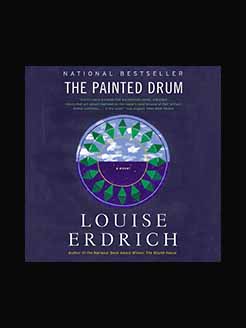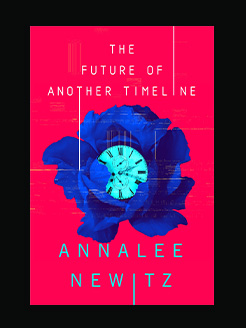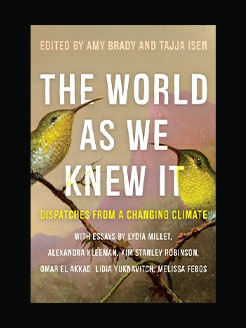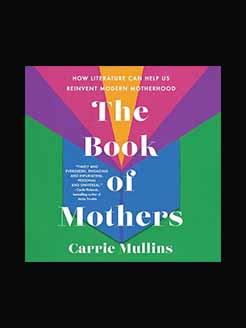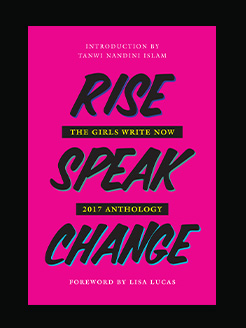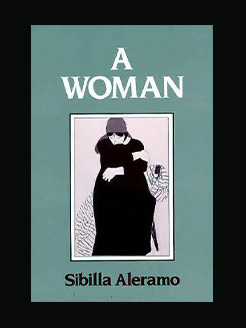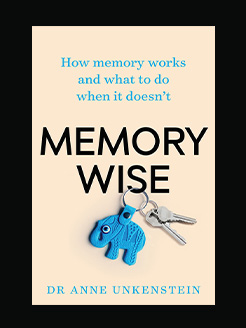Published in 2017
247 pages
Emese Kürti (born 1976) is an art historian, art critic and researcher, based in Budapest. Between 2009 and 2015 she worked for the Ludwig Museum in Budapest. Currently she is the head of acb ResearchLab, founded for the research and presentation of the neo-avantgarde tendencies. She holds a PhD in Film, Media and Contemporary Culture from Eötvös Loránd University, Budapest. Her dissertation suggests a new interpretation for the emerging neo-avantgarde based on experimental music in Hungary. Her current research focuses on the experimental art of the sixties and seventies, and the poetical aspects of the actionism. Her recent publications include Screaming Hole. Poetry, Sound and Action as Intermedia Practice in the Work of Katalin Ladik.
What is this book about?
This book focuses on the experimental practice of Katalin Ladik, a poet, performer and actress born in the former Yugoslavia. Her career as a poet writing in Hungarian language began in the intellectual circles of the neo-avant-garde journal Új Symposion (New Symposium) in Novi Sad, but the subversiveness of her feminine practice gave her a distinctive position in the whole Yugoslav neo-avant-garde scene as early as the late 1960s. At the same time, linearity was also being replaced in Ladik’s poetic works by an extended notion of poetry, as she realised her actionism in a complex and mutual intermedial relationship between poetry, sound and visuality. Her performances attracted lively attention not only on account of an interpretation of poetry and sound that was radically new both in Yugoslavia and abroad at the time; her use of the eroticized body also seemed to lack any predecessors in the local avant-garde of the day. Katalin Ladik, who synthesized the traditions of Balkan folk music and Hungarian folklore, could work supraethnically, as it were, in this multiethnic Yugoslav context, using the references of multiple cultures, which suited with persistently international spirit of the avant-garde.
